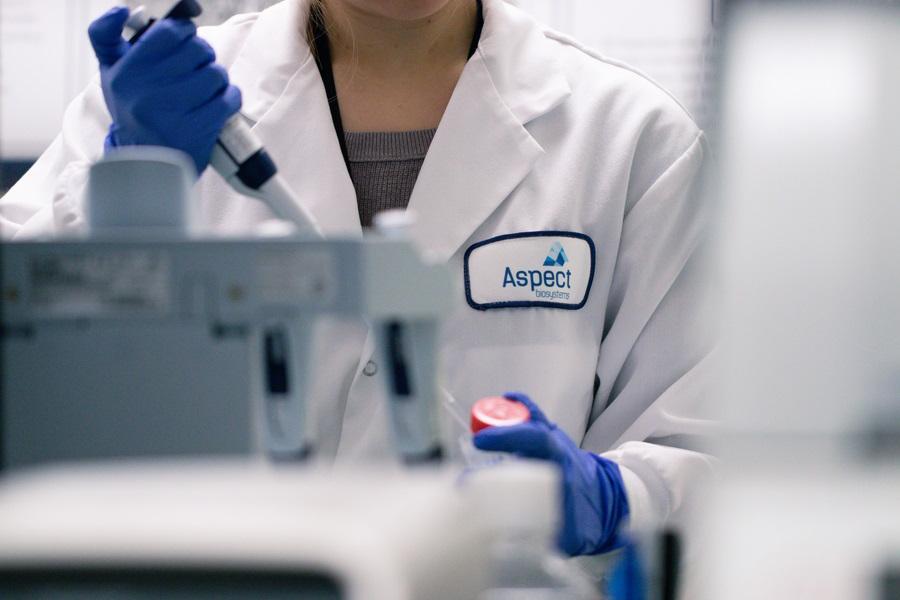Novo Nordisk, Aspect sign $2.6bn diabetes cell therapy deal

Novo Nordisk has put $75 million down on the table to partner Canadian biotech Aspect Biosystems’ cell-based therapies for diabetes and obesity.
The upfront payment is backed by up to $650 million in milestones for each product that arises from the collaboration, and with four projects in mind the total value of the deal could reach more than $2.6 billion. Novo Nordisk has licensed exclusive worldwide rights to the four projects.
Aspect’s business has been founded on a 3D bioprinting technology that it uses to create implantable tissues that can replace damaged organ functions; for example, the insulin-producing beta cells in the pancreas that are destroyed in type 1 diabetes.
That is the first target of the alliance with Novo Nordisk, which makes sense, given the Danish drugmaker's strong heritage in diabetes with its insulin and GLP-1 agonist products. Type 2 diabetes and obesity projects will follow, according to the partners.
Novo Nordisk has been actively investigating the development of a so-called ‘artificial pancreas’ for diabetes for many years and, according to Aspect, will bring expertise in engineering stem cells to differentiate into a wide variety of cell types, including beta cells. It also has the ability to produce those cells at the scale needed for clinical testing and commercialisation.
Aspect’s contribution stems from its ability to construct those engineered cells into structures that are “biologically functional, encapsulated to be immune-protective, and suitable for surgical implantation,” said the partners.
At the moment, most attempts to create an artificial pancreas rely on hardware technologies - continuous glucose monitors (CGM) implanted under the skin and wearable insulin pumps – which can vary the delivery of insulin dependent on the needs of the patient.
While a big step forwards for patients, the prospect of a biological replacement pancreas that works in the body without any need for power and insulin reservoirs and pumps remains a holy grail for the treatment of diabetes.
Some therapies using stem cells harvested from umbilical cord tissue have shown promise in early clinical testing - for example, differentiated into beta cells in the body that produce insulin and appear to improve blood glucose control - but the work remains highly experimental.
One key hurdle has been protecting the implanted cells from attack by the immune system unless they are sourced from a matched donor, which Aspect professes to have solved using its technology platform.
Other companies working in this area include Vertex Pharma, which recently secured FDA approval to start trials of its encapsulated cell therapy for type 1 diabetes, called VX-264.












